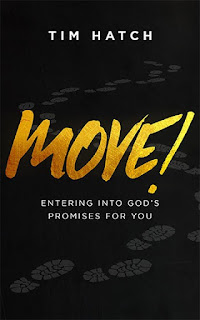When We Worship We Find Ourselves
Ezra 2 is a chapter you'd probably skip over as it mainly contains a list of names of the returning exiles to the land. But these kinds of lists in the ancient world were of utmost importance for Israel to maintain a connection between their past and present. Ezra 2:1–2 (ESV) Now these were the people of the province who came up out of the captivity of those exiles whom Nebuchadnezzar the king of Babylon had carried captive to Babylonia. They returned to Jerusalem and Judah, each to his own town. 2 They came with Zerubbabel, Jeshua, Nehemiah, Seraiah, Reelaiah, Mordecai, Bilshan, Mispar, Bigvai, Rehum, and Baanah. In the list are men as heads of households (verse 3ff), priests (verse 36ff), Levites (verse 40), temple servants (verse 43), royal servants (verse 55), and even some undocumented Israelites (in verse 59). But the aim of all of them was the same. They were coming back to establish proper worship of Yahweh. Ezra 2:68–69 (ESV) Some of the heads of families, when they ca
